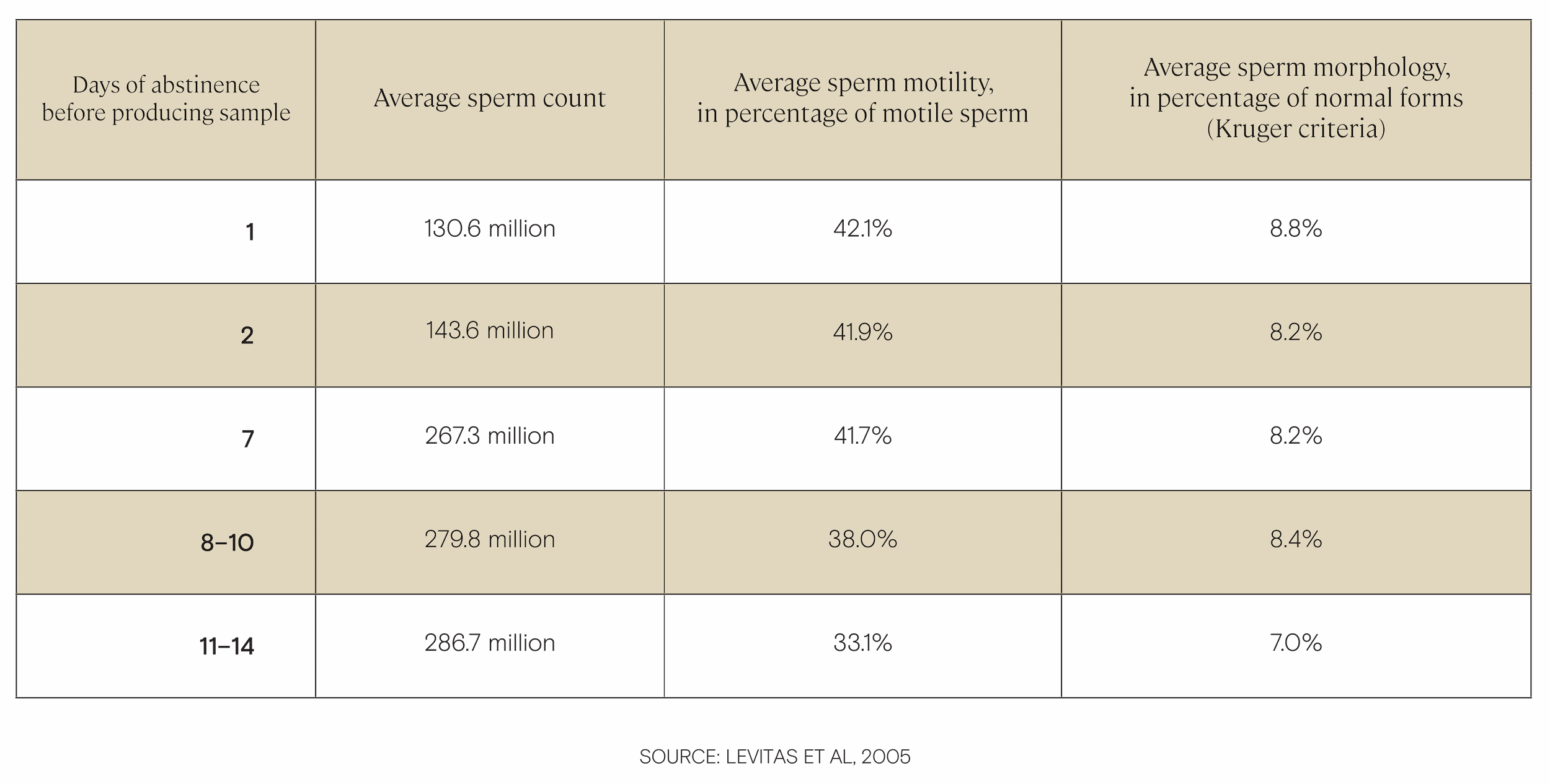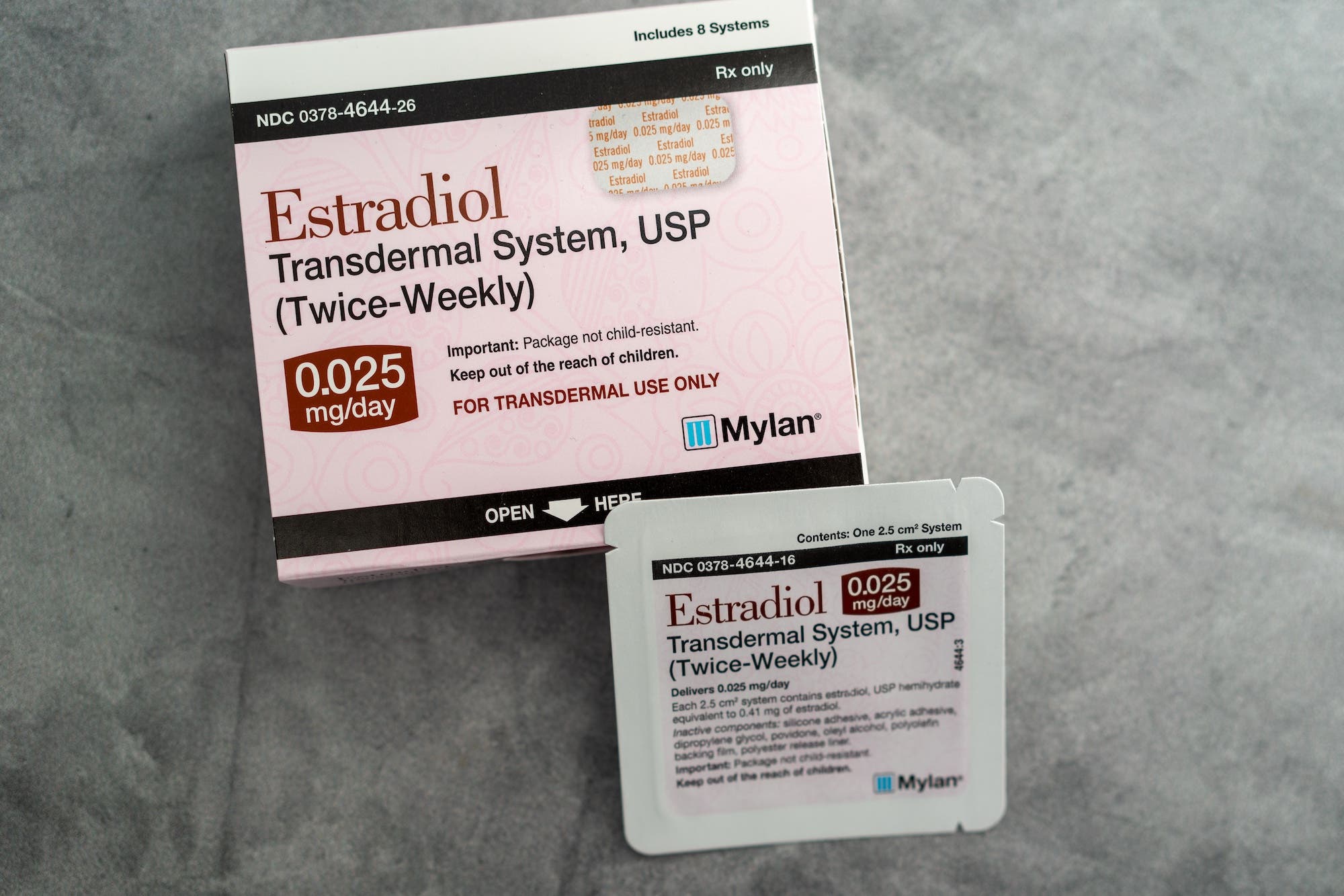“Does masturbating decrease testosterone?” is a common question asked online — and something you may have wondered about yourself.
Semen retention has been a popular topic on social media recently, based on the idea that avoiding ejaculating via sex or masturbation may improve your fertility and testosterone levels. But does masturbation really decrease testosterone? What’s the connection between masturbation and testosterone?
Key takeaways
- There’s not much research on the relationship between masturbation and testosterone. Masturbation may help increase testosterone levels, especially temporarily, but study results are mixed and more research needs to be done to draw solid conclusions.
- If you’re concerned about your testosterone levels, there are steps you can take to help increase them naturally or with medical treatment.
How does masturbation affect testosterone levels?
Contrary to the idea that masturbation decreases testosterone, research actually suggests that sexual activity — including masturbation — may boost testosterone levels for a short time.1 However, the research is inconsistent.
A small 2020 study of seven men in their 30s to early 40s assessed hormone levels before, during, and after masturbation.2 It found that testosterone levels in the blood increased from erection until ejaculation, then decreased to the erection level 10 minutes post-ejaculation, giving a temporary testosterone boost.
In another small study from 2021, eight athletic young men had their testosterone levels measured after masturbating with a visual stimulus (porn), viewing porn without masturbating, or no activity.3 It found that porn alone appeared to increase testosterone concentrations, but masturbation with porn had a larger effect.
The authors suggested that, because masturbation provides a temporary boost in testosterone, masturbating before exercise may help build muscle. So, while many men ask “Does masturbation decrease my strength,” it appears that the opposite may actually be true — though more research is needed to say for sure.
A large long-term study from 2016 also found that masturbating frequently may be linked to higher testosterone levels over time, suggesting that the effect may be more than temporary.4
Can avoiding ejaculation increase testosterone?
Not all research agrees with the idea that masturbation can increase testosterone. There’s not much research looking into whether avoiding ejaculation affects testosterone, but what has been done has had mixed results.
A small study from 2001 looked at a variety of hormones in 10 men before and after three weeks of sexual abstinence.5 The study’s results suggested that experiencing an orgasm had no effect on testosterone levels, but that three weeks of sexual abstinence led to higher concentrations of testosterone.
Recently, a 2021 research review noted the lack of research in this area, adding that available studies have small sample sizes.1 The authors also pointed to the need for more research on whether sexual behaviors change testosterone levels or vice versa. Either way, they advised taking statements about the benefits of abstinence with caution.
Overall, more studies on this topic are needed to truly determine how masturbation affects testosterone levels.
Masturbation and other hormones
Does masturbation increase estrogen or other hormones? Research findings are unclear.
There’s very little research on the effects of masturbation on estrogen, a hormone that helps control sex drive, erectile function, and sperm production. One study from 1976 found that levels of estradiol (a form of estrogen) but also testosterone and other hormones were higher after masturbation.6 The study indicated that testosterone and estradiol levels were correlated, but more studies are needed to draw conclusions.
The 2020 study of seven men found that two other hormones, in addition to testosterone, increased during masturbation:
- Cortisol, a hormone that influences your stress response
- Prolactin, a hormone that stimulates lactation development in people with ovaries2
The small 2001 study mentioned above found that, while orgasms didn’t affect testosterone levels, they did appear to be linked to higher levels of the hormones adrenaline, noradrenaline, and prolactin.5
More research is needed to determine potential effects of these hormone changes on health.
How to increase testosterone
Whether or not masturbating decreases testosterone, there are ways you can change your lifestyle to support your testosterone levels. Lifestyle factors that may reduce testosterone include:
- Smoking
- Unhealthy diet
- Overweight or obesity
- Alcohol abuse
- Insufficient sleep
Some research indicates that reversing these factors — quitting smoking, reducing alcohol consumption, and losing weight if you’re overweight — may help increase testosterone naturally. Exercising and taking supplements like vitamin D, zinc, and selenium may also help boost testosterone.
Learn more about how to boost your testosterone naturally.
Treatments for low testosterone
If lifestyle changes aren’t effective for you, you might consider treatment for low testosterone, such as testosterone replacement therapy (TRT). During this therapy, you take supplemental testosterone in the form of a gel, patch, oral tablet, or injection to boost your blood testosterone levels.
It’s important to note, however, that TRT can affect fertility, causing your body to stop producing sperm temporarily or even long-term. To safeguard your fertility, you may consider freezing your sperm before TRT.
Learn about alternatives to testosterone therapy.
How about masturbation and fertility?
What’s the connection between semen retention and sperm count?
A 2017 literature review that looked at 30 papers concluded that shorter abstinence periods — more frequent ejaculation — was linked to reduced semen volume and lower sperm concentration.7 Avoiding ejaculation increased sperm count over at least the first 7 days of abstinence.

However, sperm count is not the only parameter that affects fertility. Increased abstinence also results in lower sperm quality, potentially because the sperm may be subjected to longer periods of heat exposure in the body.
For example, the 2017 review found that, after 5 days in “storage,” sperm had significantly lower motility, the ability to swim to the egg.7
In a 2019 study, researchers examined the effect of abstinence length on semen quality and the outcomes of an assisted reproductive treatment among 818 patients in an IVF center.8 Those who abstained from ejaculating for 4 or fewer days had lower semen volume, sperm concentration, and sperm count. However, they also had lower sperm DNA fragmentation — AKA damaged DNA inside the sperm — and higher rates of fertilization, implantation, and pregnancy. Compared to 2 to 4 days of abstinence, one day of abstinence was associated with a significantly higher implantation rate and a higher pregnancy rate.
Learn more about masturbation and sperm health.
More research still needs to be done. But at this point, there’s no evidence to suggest masturbation is detrimental to your testosterone levels or your fertility.
References
2. Kobori et al, “SERUM TESTOSTERONE LEVEL RISES DRASTICALLY AT THE MOMENT OF EJACULATION.” 2020.
6. Purvis et al, “Endocrine effects of masturbation in men.” 1976.
7. Ayad et al, “Revisiting The Relationship between The Ejaculatory Abstinence Period and Semen Characteristics.” 2018.8. Borges et al, “Revisiting the impact of ejaculatory abstinence on semen quality and intracytoplasmic sperm injection outcomes.” 2019.



